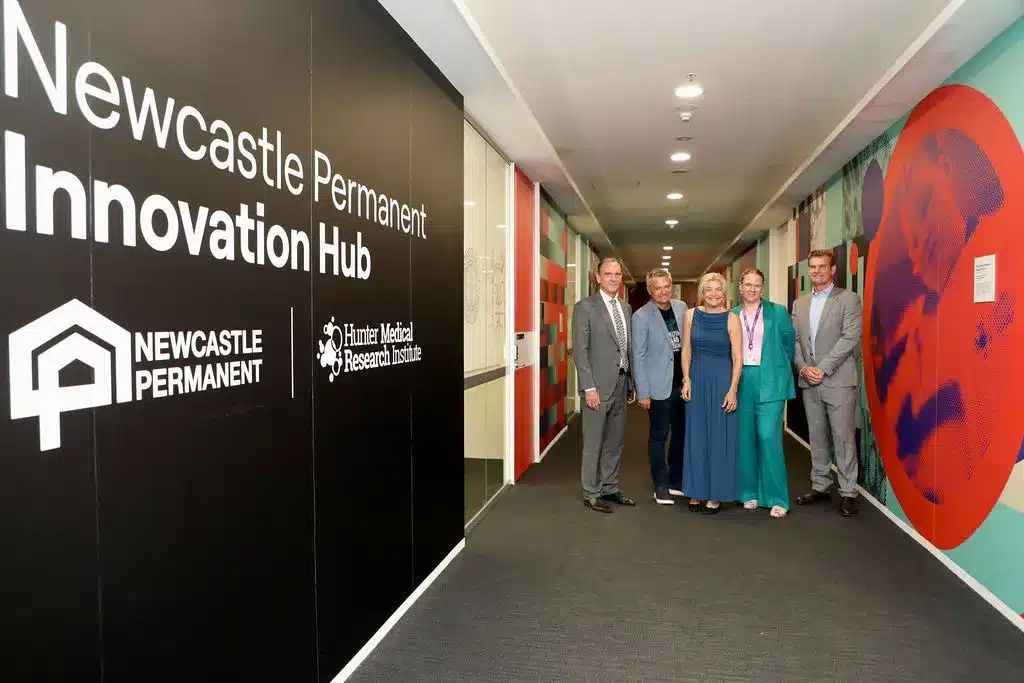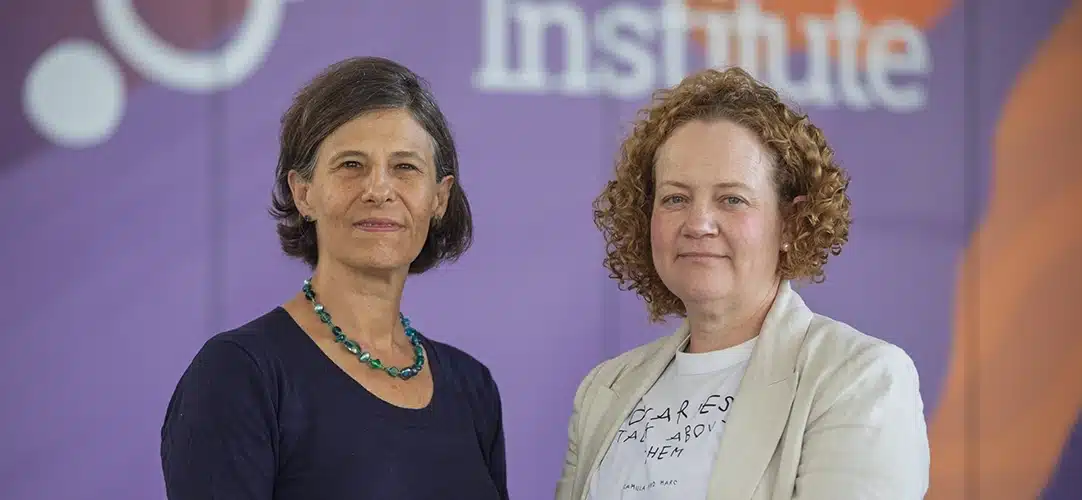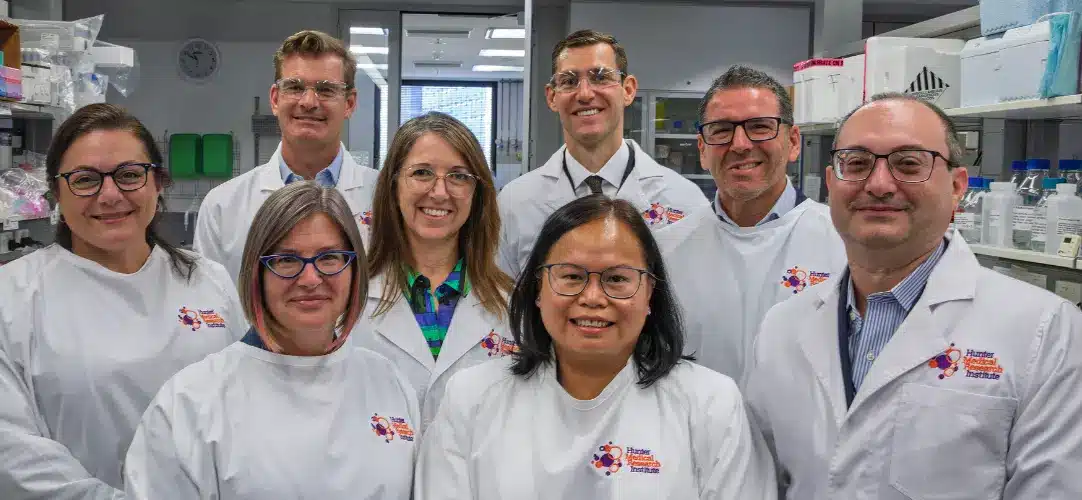To lead a healthy life, you need the right start. Most chronic diseases that influence adult quality of life and life expectancy begin in childhood, thus, prevention and early intervention are key to reducing their impact.
A member of the Asthma and Breathing Research Program at HMRI, Adam has an interest in the prediction and prevention of respiratory disease starting in early life.
Exposures in-utero are linked with an increased risk of poor respiratory health, particularly with severe respiratory infections known as bronchiolitis in the first year of life, asthma in childhood and chronic obstructive pulmonary disease in later life.
Adam’s work seeks to understand the way this occurs through changes in epigenetics, the immune system and early lung function. These changes are opportunities for correction and stopping poor lung health long before symptoms begin.













